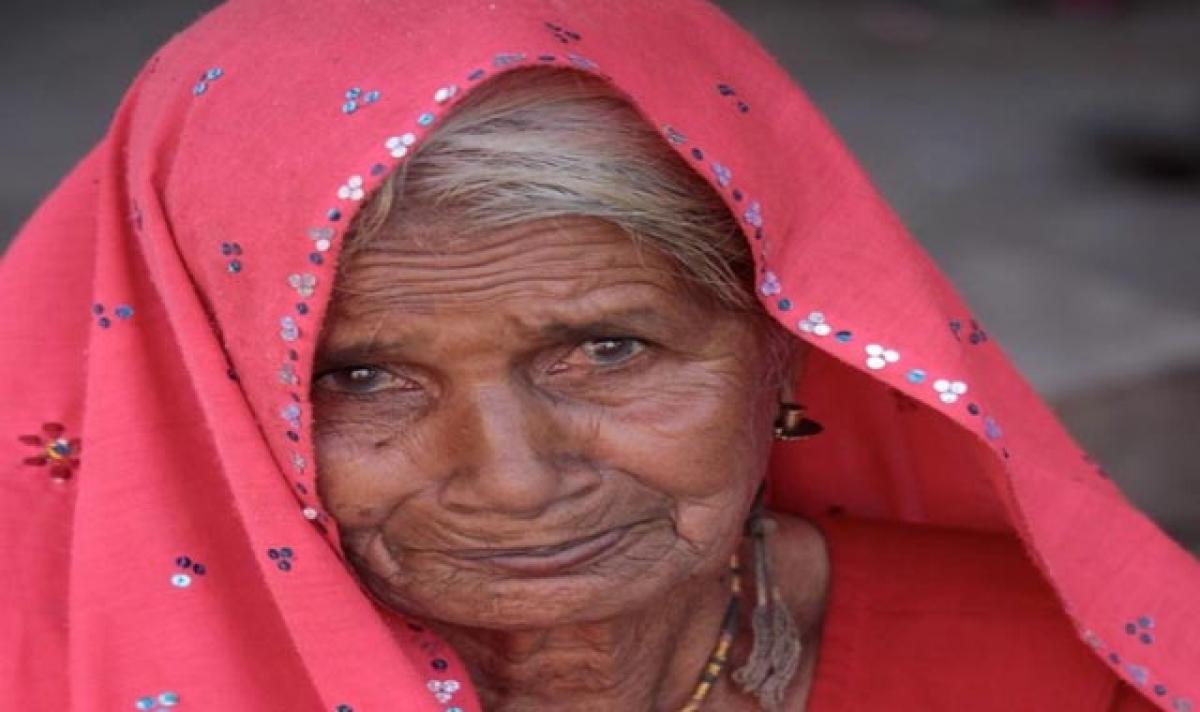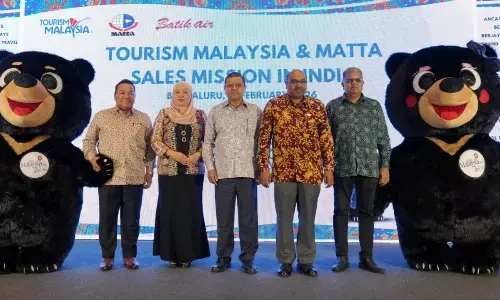Genetic variants linked to extreme old age identified

Researchers have identified new genetic variants associated with reduced risks for cardiovascular and Alzheimer\'s disease, and higher odds of surviving for 100 or more years.
Researchers have identified new genetic variants associated with reduced risks for cardiovascular and Alzheimer's disease, and higher odds of surviving for 100 or more years.
The search for the genetic determinants of extreme longevity has been challenging, with the prevalence of centenarians (people older than 100) just one per 5,000 population in developed nations.
Combining four studies of extreme longevity, the researchers of the new study identified rare variants in chromosomes 4 and 7 associated with extreme survival.
The results, published in the Journals of Gerontology: Biological Sciences, highlight the importance of studying "truly rare survival, to discover combinations of common and rare variants associated with extreme longevity and longer health span," the authors said.
The research group led by Paola Sebastiani, Professor at Boston University School of Public Health, conducted various analyses to discover longevity-associated variants (LAVs), and to characterise those LAVs that differentiated survival to extreme age.
Their analysis identified new "extreme longevity-promoting variants" on chromosomes 4 and 7, while also confirming variants (SNPs, or single nucleotide polymorphisms) previously associated with longevity.
In addition, in two of the datasets where researchers had age-of-onset data for age-related diseases, they found that certain longevity alleles also were significantly associated with reduced risks for cardiovascular and Alzheimer's disease.
"The data and survival analysis provide support for the hypothesis that the genetic makeup of extreme longevity is based on a combination of common and rare variants, with common variants that create the background to survive to relatively common old ages (e.g. into the 80s and 90s), and specific combinations of uncommon and rare variants that add an additional survival advantage to even older ages," the authors wrote.










